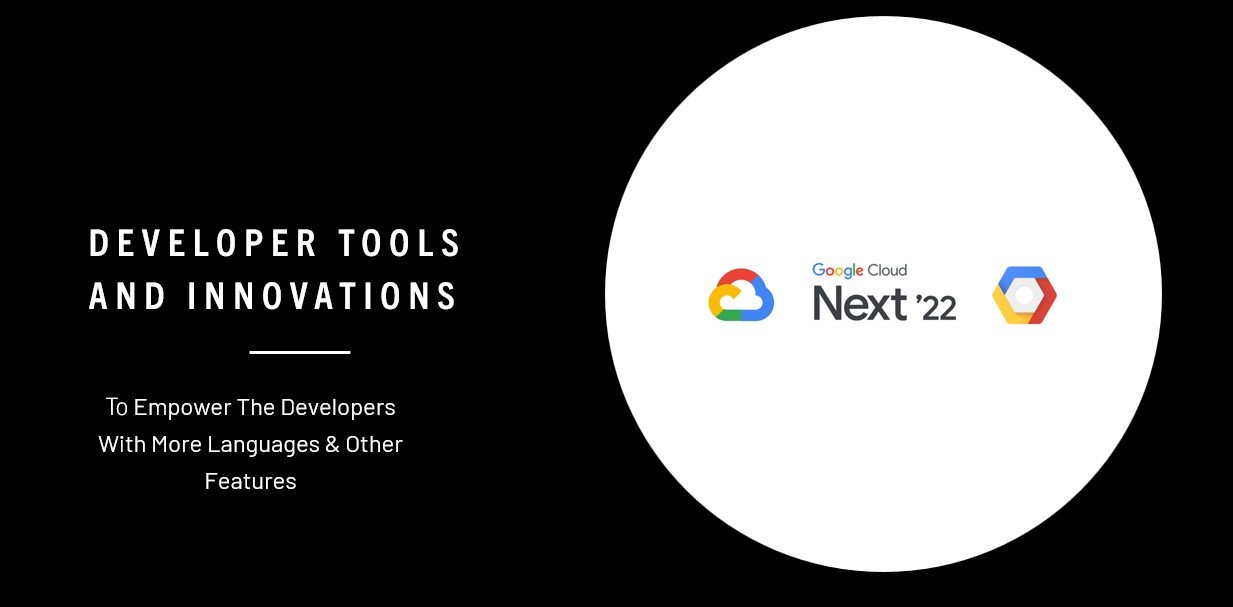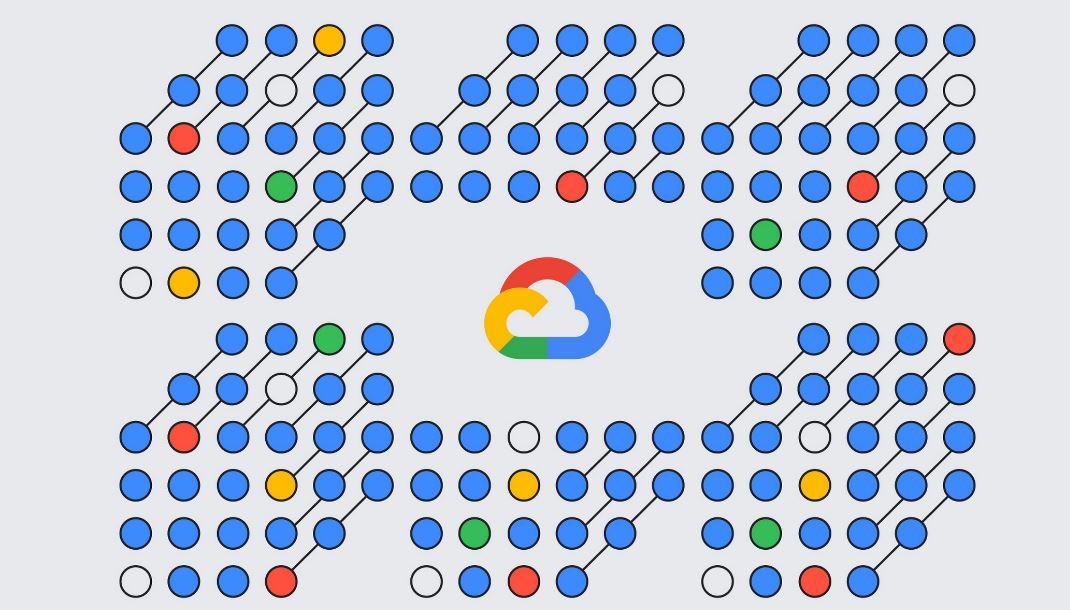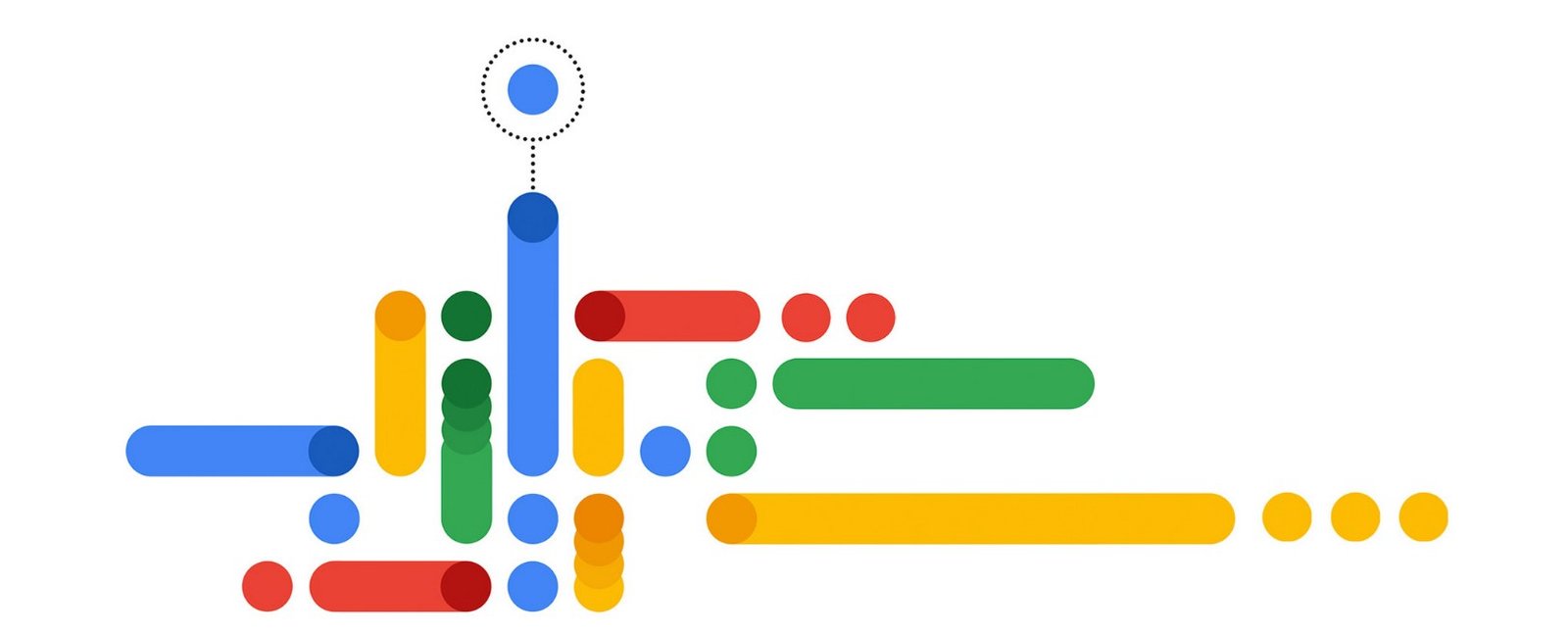
Developer Tools and Innovations at Google Cloud Next 2022: Developers are at the heart of digital innovation, and providing them with the right tools and resources is crucial to building successful applications and solutions. Google Cloud Next 2022 featured several key updates and innovations in the realm of developer tools and technologies, emphasizing Google’s commitment to empowering developers. In this article, we will delve deeper into these announcements and explore how they can benefit developers and their organizations.
- Enhancements to Google Cloud Code:
Google Cloud Code, an integrated development environment (IDE) for building cloud-native applications, received important updates aimed at improving productivity and simplifying the development process. Key enhancements include:
a. Improved support for popular languages: Google announced that Cloud Code now offers enhanced support for popular programming languages like Java, Python, Go, and Node.js. These improvements ensure that developers can use their preferred languages when building applications on Google Cloud.
b. Streamlined debugging and testing: Google introduced new debugging and testing features in Cloud Code, such as live debugging, real-time log streaming, and integration with Google Cloud’s continuous integration and continuous delivery (CI/CD) tools. These features help developers identify and resolve issues more quickly, leading to faster development cycles.
c. Seamless integration with Google Cloud services: Google Cloud Code now offers tighter integration with key Google Cloud services, like Cloud Run, Cloud Functions, and Kubernetes Engine. This integration simplifies the process of deploying and managing applications on Google Cloud.
- Launch of Google Cloud API Gateway:
Google introduced the Google Cloud API Gateway, a fully managed service that makes it easy for developers to create, publish, and manage APIs for their applications. Key features of the API Gateway include:
a. Simplified API management: Google Cloud API Gateway provides a user-friendly interface for creating, publishing, and managing APIs, making it easy for developers to expose their applications’ functionality as APIs.
b. Scalability and performance: The API Gateway automatically scales to handle traffic demands, ensuring that APIs remain responsive even under heavy load.
c. Security and access control: Google Cloud API Gateway offers built-in security features, such as authentication, authorization, and rate limiting, helping developers protect their APIs from unauthorized access and abuse.





Leave a Reply